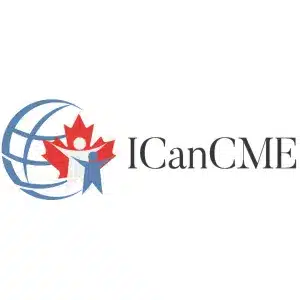ICanCME is Renewed!
ICanCME Research Network Secures Continued Funding for the Next 5 Years
October 18th, 2024 (Montreal, Quebec) – Today, the ICanCME Research Network announced continued funding for the next five years to support Canadian research into Myalgic Encephalomyelitis (ME), through a $2 million catalyst network grant from the Canadian Institutes of Health Research Institute of Musculoskeletal Health and Arthritis (CIHR-IMHA).
The Outdated Treatment of ME Patients is a National Scandal
It’s the greatest medical scandal of the 21st century. For decades, patients with ME/CFS (myalgic encephalomyelitis/chronic fatigue syndrome) have been told they can make themselves better by changing their attitudes. This devastating condition, which afflicts about 250,000 people in the UK, was psychologised by many doctors and scientists, adding to the burden of a terrible physiological illness.
Learning to treat long COVID could help those struggling with myalgic encephalomyelitis/chronic fatigue syndrome, too.
Some specialists say the current crisis of long COVID is related to the neglect of similar chronic illnesses, like ME/CFS.
Long COVID Is Being Erased—Again.
Like other similar, neglected chronic illnesses, it defies a simplistic model of infectious disease in which a pathogen causes a predictable set of easily defined symptoms that alleviate when the bug is destroyed. It challenges our belief in our institutions, because truly contending with what long-haulers go through means acknowledging how poorly the health-care system treats chronically ill patients, how inaccessible social support is to them, and how many callous indignities they suffer at the hands of even those closest to them.


